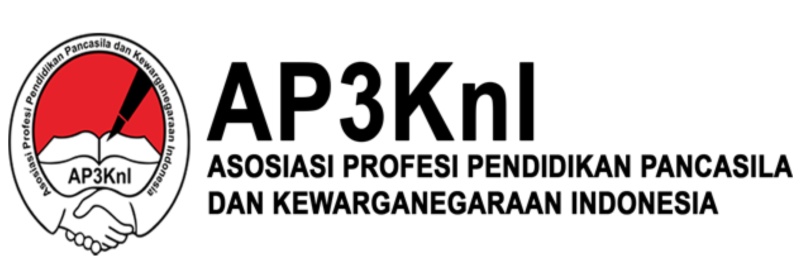PENGUATAN ECOLOGICAL CITIZENSHIP SEBAGAI UPAYA MENGUBAH PERILAKU MASYARAKAT SADAR AKAN LINGKUNGAN MELALUI PROGRAM KAMPUNG SELO BERAKSI
Abstract
Full Text:
PDFReferences
Alan R. Berkowitz dkk. 2004. A framework for integrating ecological literacy,
civics literacy, and environmental citizenship in environmental education.
Jurnal Internasional, 227–266/40.
Ashley, M. (2000) ‘Behaviour Change and Environmental Citizenship: a case for
spiritual development?’, International Journal of Children’s Spirituality, 5
(2): 131-45.
Certoma, C., dan Notteboom, B. 2015. Informal planning in a transactive
governmentality: Re-reading planning practices through Ghent’s
community gardens. Planning Theory:1-24.
Dobson, A. Tanpa Tahun. Ecological citizenship: A disruptive influence?,
(Online), (http://www.vedegylet.hu/okopolitika/Dobson%20-
%20Ecological%20Citizenship.pdf, diakses 25 September 2015).
Dobson, Andrew. 2003. Citizenship and the Environment. Oxford: Oxford
University Press.
F. Isin, Engin & Bryan S. Turner. 2002. Handbook Of Citizenship. New Delhi:
SAGE Publications.
Fitriani dkk. 2014. Penerapan Teknik Pemberian Reinforcement (Penguatan)
Untuk Meningkatkan Hasil Belajar Fisika Pada Peserta Didik Kelas VIII.A
SMP PGRI Bajeng Kabupaten Gowa. Jurnal nasional, Vol. 2. Hlm. 196.
Temuat dalam: https://media.neliti.com/media/publications/120887-IDpenerapan-teknik-pemberian-reinforcement.pdf yang diakses pada 24
April 2018 pukul : 10.00 WIB.
Informasi Pengelolaan Sampah Kabupaten Sukoharjo Tahun 2018. Diperoleh
pada 10 Oktober 2018 dari http://sipsn.menlhk.go.id/
Informasi Volume Sampah di Indonesia Tahun 2018. Diperoleh pada 13 Januari
dari
https://www.idntimes.com/news/indonesia/indianamalia/volume-sampah2018-diprediksi-mencapai-665-juta-ton-1/full
Light, Andrew. 2001. The urban blind spot in environmental ethics.
Environmental Politics 10 (1), 7-35.
Maryani. 2017. Strategi Pembentukan Kewarganegaraan Ekologis. Prosiding
Konferensi Nasional Kewarganegaraan III, Universitas Ahmad Dahlan
Yogyakarta: 11 November 2017. 10-17.
Muhaimin. 2015. Membangun Kecerdasan Ekologis Model Pendidikan Untuk
Meningkatkan Kompetensi Ekologis. Bandung: Alfabeta.
Peraturan Daerah Kabupaten Sukoharjo Nomor 16 Tahun 2011 Tentang
Pengelolaan Sampah. Diperoleh pada 3 Desember 2018 dari http://ciptakarya.pu.go.id/plp/upload/peraturan/Perda_Sampah_Kab_Suko
harjo_No_16_Th_2011.pdf
Undang-Undang Dasar 1945.
Undang-Undang Nomor 39 Tahun 1999 tentang Hak Asasi Manusia. Diperoleh
pada 4 Januari 2018 dari
https://www.ilo.org/dyn/natlex/docs/ELECTRONIC/55808/.../IDN55808%
IDN.pdf
Undang-Undang Nomor 32 Tahun 2009 Tentang Perlindungan dan Pengelolaan
Lingkungan Hidup. Diperoleh pada 4 Januari 2018 dari
http://jdih.menlh.go.id/pdf/ind/INDPUU12009UU%20No.%2032%20Th%
_Combine.pdf
Tim Ilngold. 2000. The Perception of the Environmental. USA: Taylor & Francis
e-Library.
Refbacks
- There are currently no refbacks.







